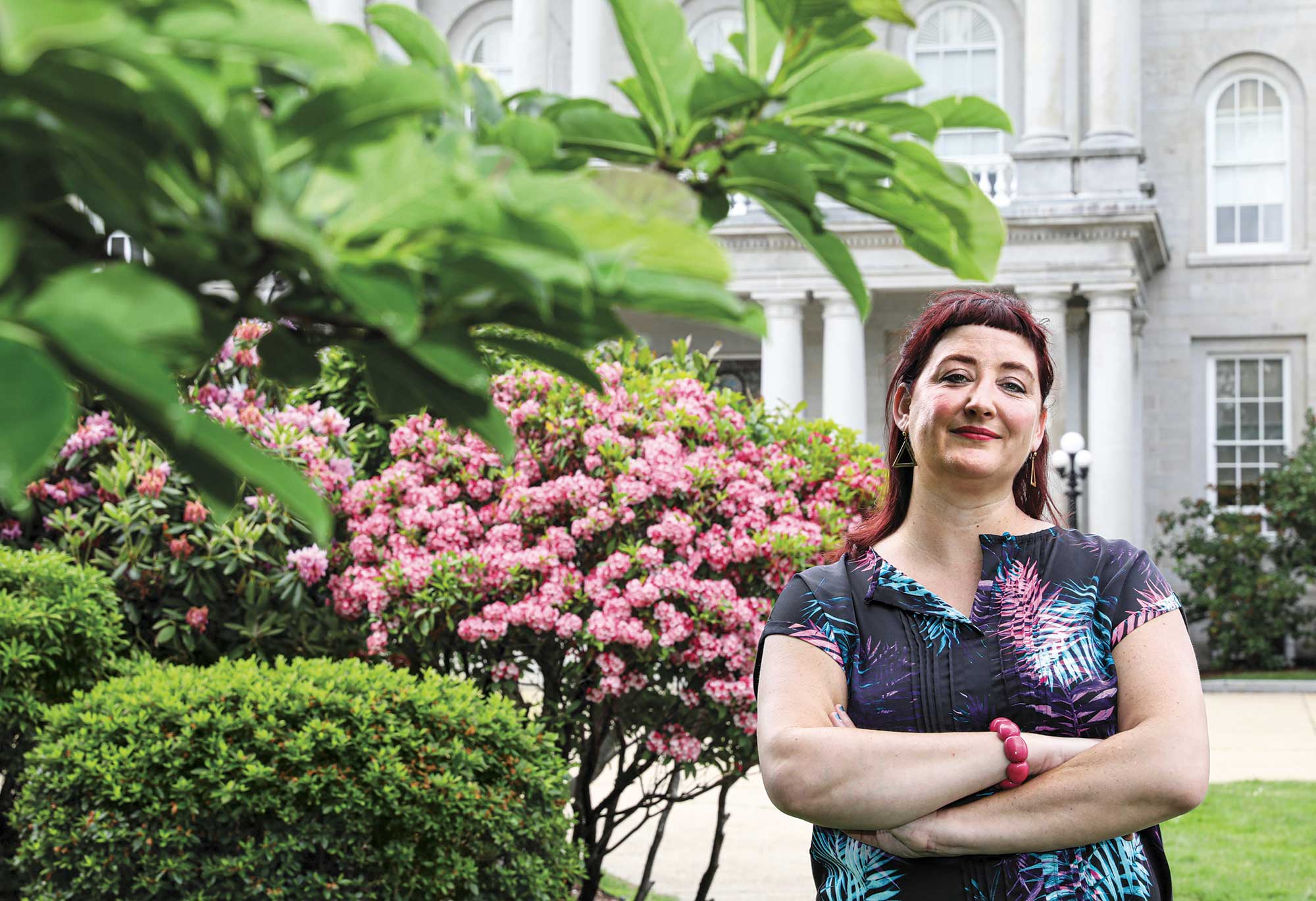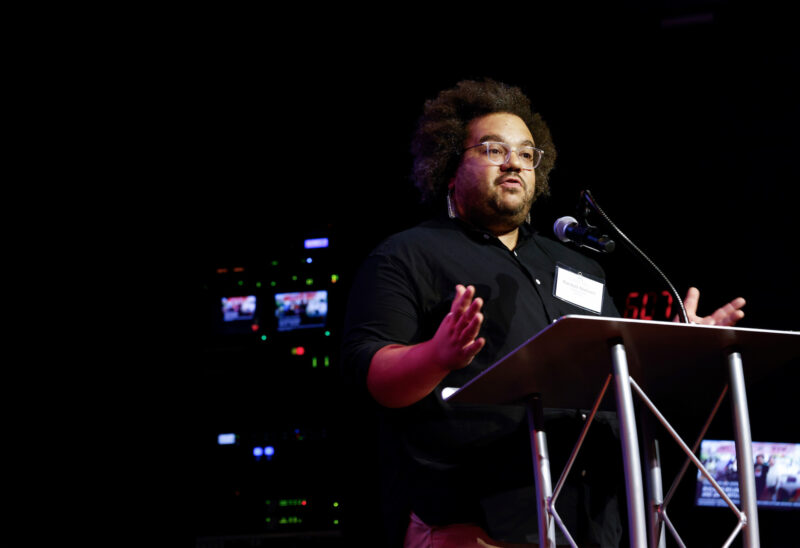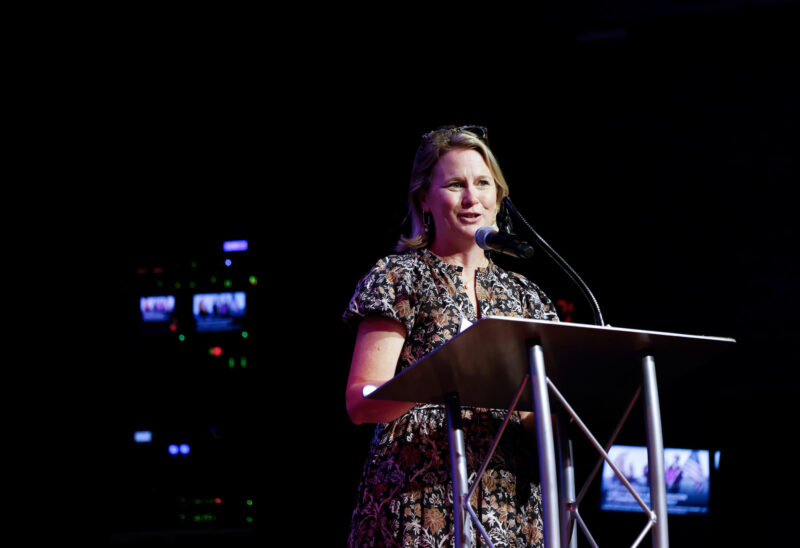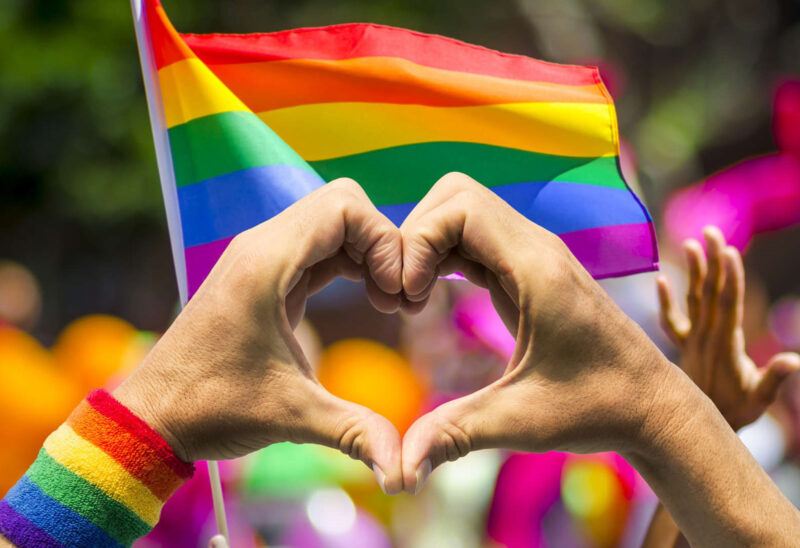Access to high-quality, affordable health care is a fundamental element of well-being.
But such access is not equitable — income, geography, gender identity, race and other factors can be significant barriers to people getting the health care they need. And equitable access to the full range of reproductive health choices is now severely imperiled nationwide, including a new restriction put into place in New Hampshire in 2021.
Leah Quimby has relied on Planned Parenthood for much of her health care for most of her adult life. When she lacked insurance, and when her income was low, she still had access to care.
When she had such painful menstrual cycles that she was incapacitated, she could get birth control that helped. When a routine cancer screening came back abnormal, Planned Parenthood provided affordable follow-up testing — and support through a scary time. When she decided to have a child, she went to Planned Parenthood to confirm that she was pregnant and get a referral for additional care.
“This is essential care,” Leah said. “Planned Parenthood has always been there for me when I needed them.” In FY 2021, almost 11,000 people in New Hampshire received health care from Planned Parenthood. Most of the people who receive that care have low incomes. Most are women.
In 2021, the New Hampshire Executive Council voted to refuse state family planning contracts to Planned Parenthood and other health centers that also provide abortion services — even though the funding in those contracts did not cover abortion. The state’s health and human services commissioner had described the contracts as “a safety net that improves birth outcomes, prevents unplanned pregnancies and reduces health disparities.” The Foundation made grants to clinics around the state to help bridge that gap and ensure access to affordable care.
Leah now volunteers as an advocate for Planned Parenthood. She hopes her four-year-old daughter will always have access to the health care that she needs.













![Oluwakemi Olokunboyo of Dover received a McNabb scholarship to study nursing at Great Bay Community College [Photo by Cheryl Senter]](https://www.nhcf.org/wp-content/uploads/2024/05/Scholarship-Hero-800x548.jpg)

![Rev. Heidi Carrington Heath joined Seacoast Outright. [Photo by Cheryl Senter]](https://www.nhcf.org/wp-content/uploads/2024/05/Heidi-Carrington-Thumbnail-800x548.jpg)
![Dr. Jennie Hennigar treats a patient at the Tamworth Dental Center [Photo by Cheryl Senter]](https://www.nhcf.org/wp-content/uploads/2024/05/TCCAP-Hero-800x548.jpg)

